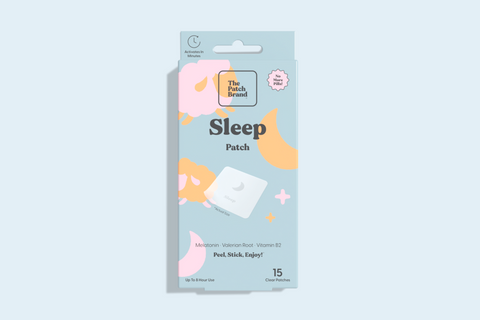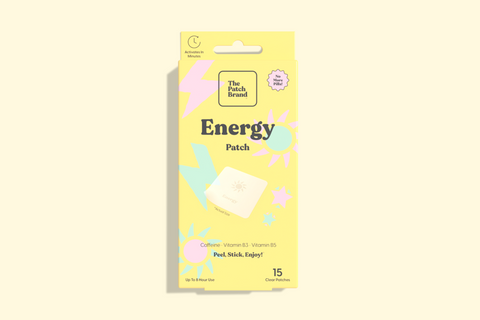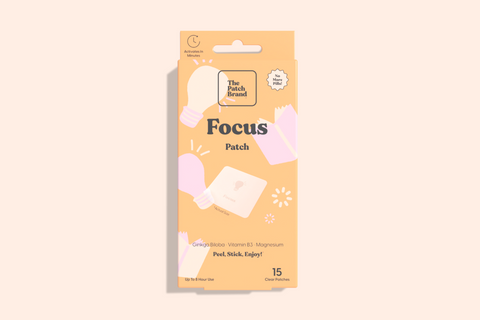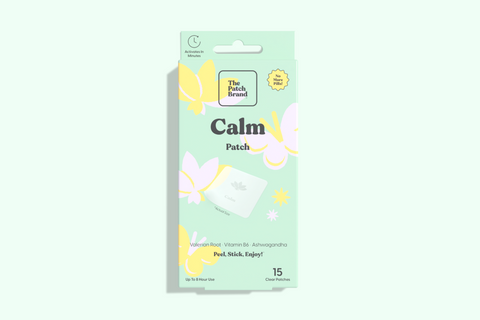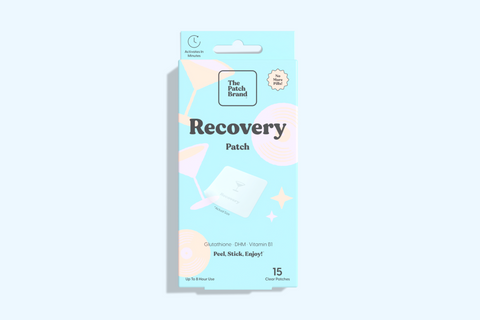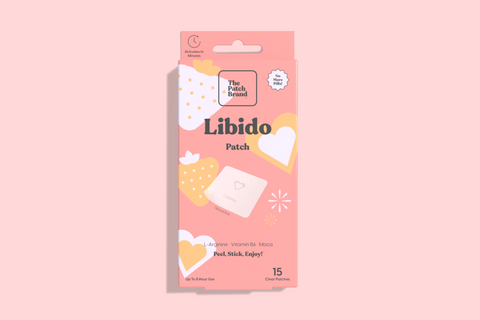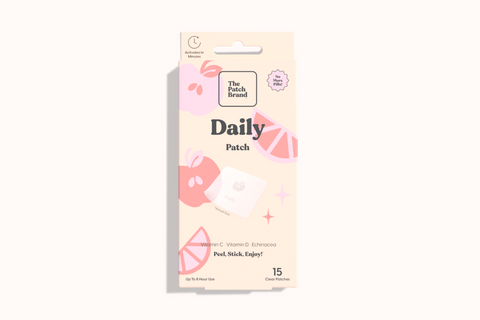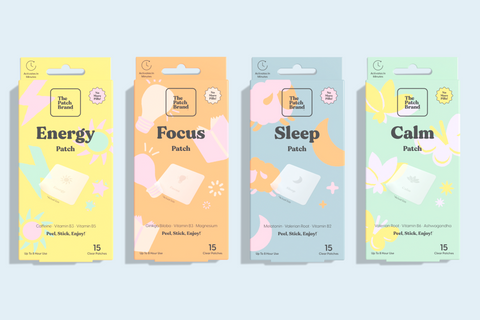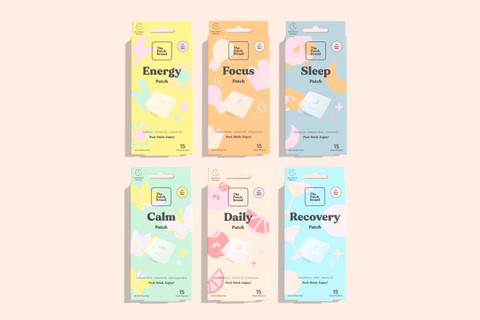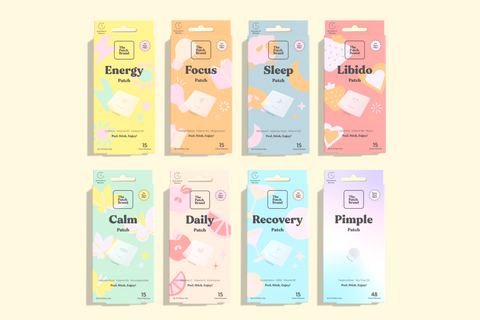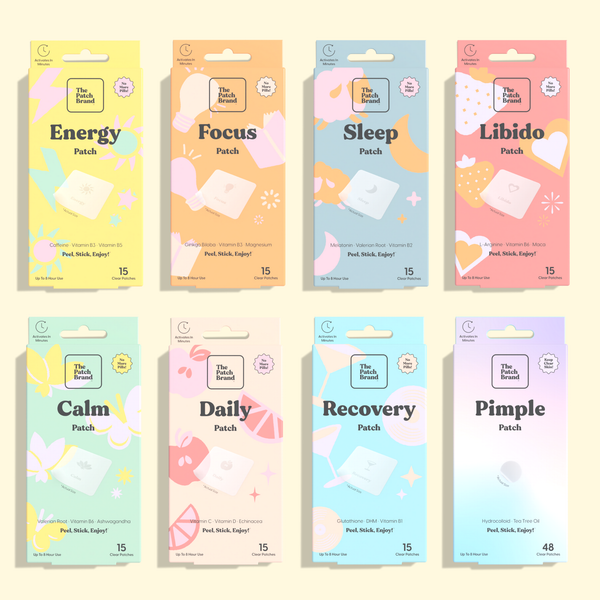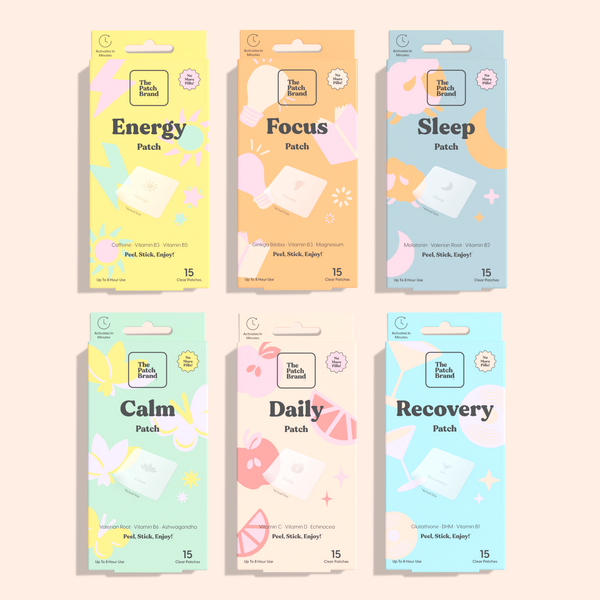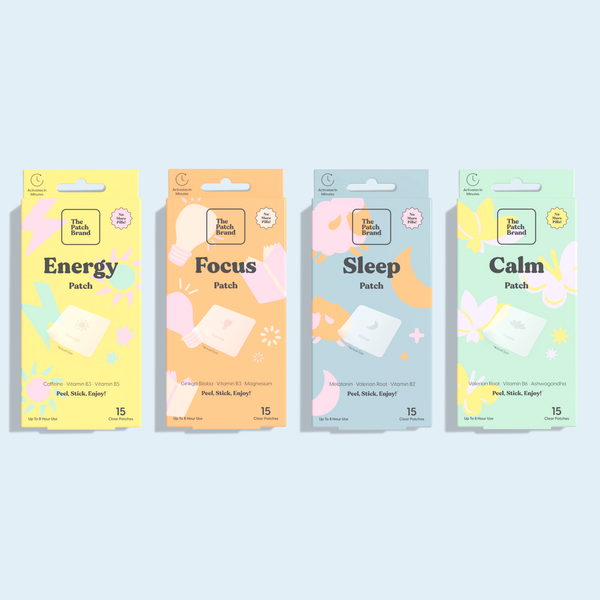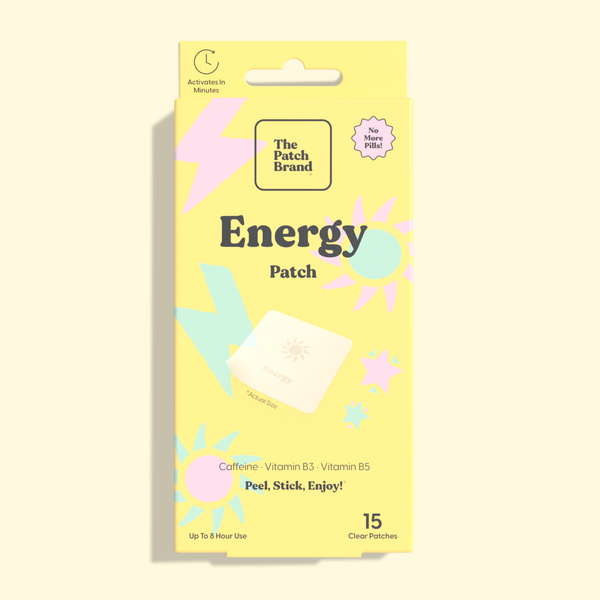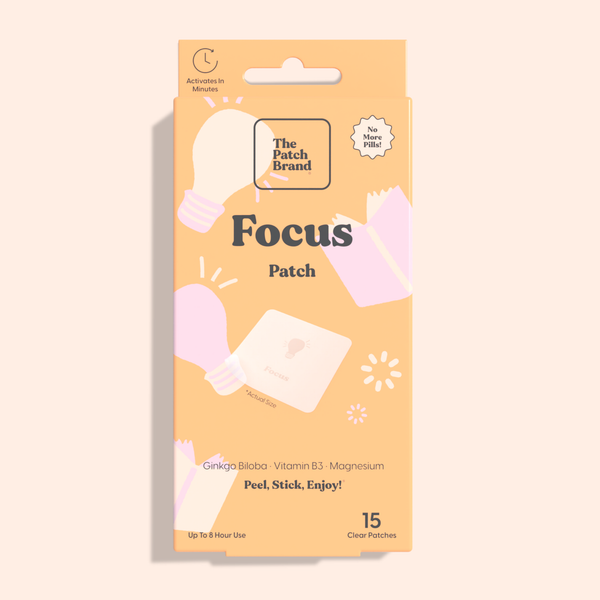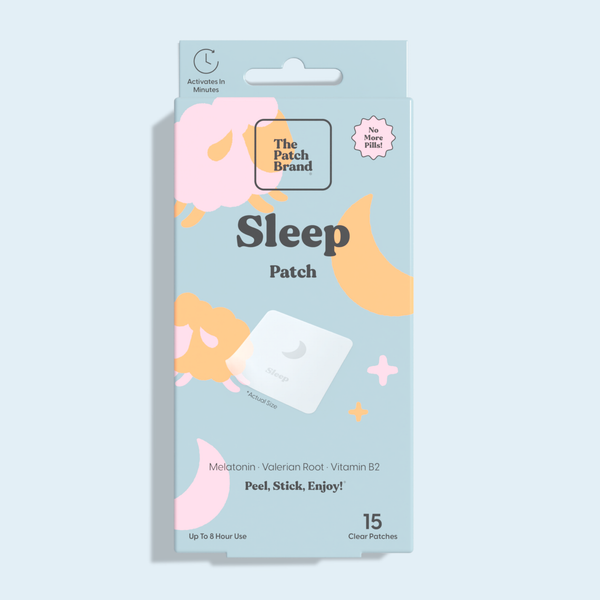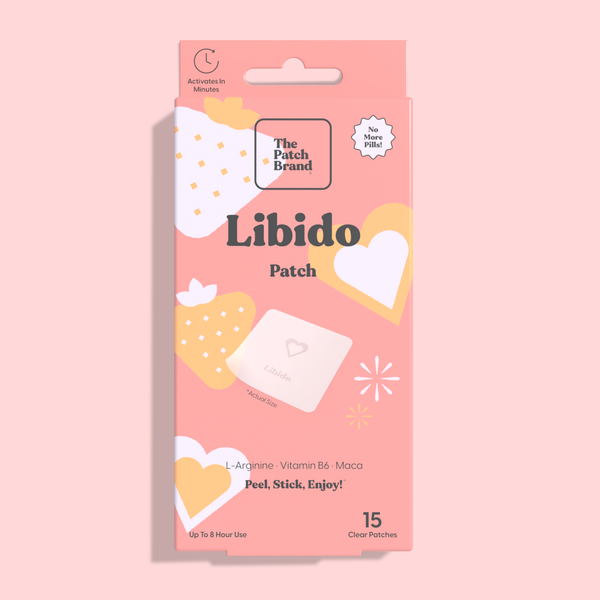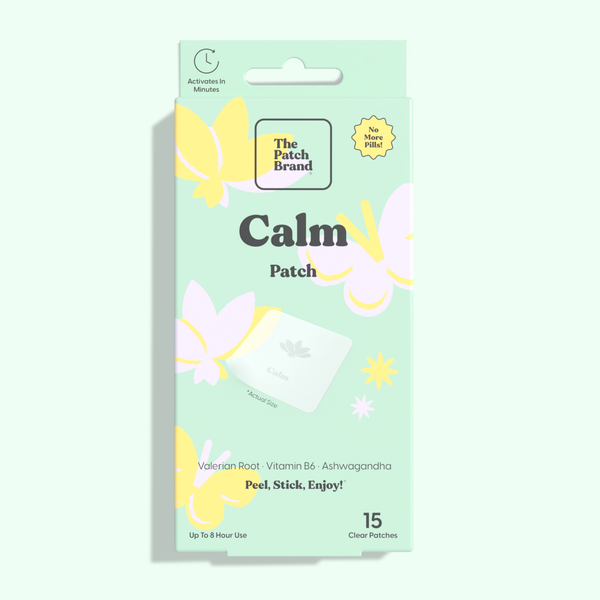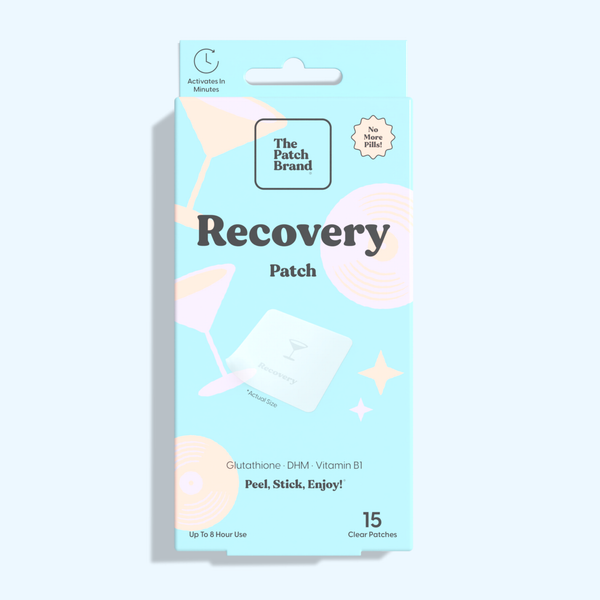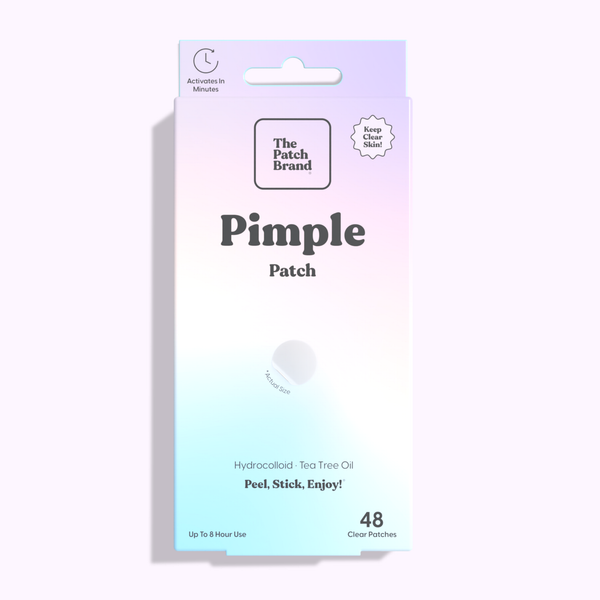Anxiety is a natural reaction of our body; it’s how we respond to stress, and it’s a fear or worry. It presents itself differently for different people and can have differing impacts.
Common symptoms of anxiety are:
- Feelings of nervousness or restlessness
- Increased heart rate
- A sense of impending doom
- Difficulty sleeping
- Sweating and trembling
- Difficulty controlling worry
Types of Anxiety
There are different types of anxiety, the more common forms being:
-
Agoraphobia: A type of anxiety disorder where the individual fears and avoids places and situations that may cause them to panic and feel trapped. This usually occurs with them remaining in their homes.
-
Generalized Anxiety Disorder (GAD): A type of anxiety disorder that includes both persistent and excessive worry about activities or events, even ordinary issues. The worry is generally out of proportion and is difficult to control.
-
Panic Disorder: Panic disorder involves repeated episodes of intense anxiety and fear or Terror that can peek Within minutes. The individual may experience shortness of breath, impending doom, and chest pain.
-
Separation Anxiety Disorder: Usually a childhood disorder that is characterized by anxiety excessive for the developmental level of the child and which is usually related to separation from parents.
Natural Remedies
There are several natural remedies you can employ within your life to help reduce anxiety symptoms. It’s important to note that these natural remedies will not heal your anxiety but will merely manage the symptoms.
Physical Activity
Being physically active is not only good for physical health but for mental health as well. Studies have found that those with anxiety disorders who were physically active experienced fewer anxiety symptoms. There’s no set reason for this, but one of the suggested reasons is that exercise diverts one’s attention from what is making one anxious.
Being physically active also alters brain chemistry and helps your brain produce more anti-anxiety neurochemicals, like serotonin. What kind of exercise is up to preference, but physical activity has shown great promise for reducing anxiety symptoms.
Avoid Alcohol
Alcohol is a natural sedative, and some individuals with anxiety may drink to try to reduce their symptoms. Research has suggested links between anxiety and alcohol consumption, and it’s been found that decreasing the amount of alcohol consumed can actually improve both anxiety and depression. Alcohol consumption interferes with neurotransmitter balance, which can worsen mental health and lead to symptoms of anxiety. During early sobriety, anxiety may temporarily increase, but in the long term, anxiety symptoms can improve.
Limit Caffeine
Caffeine occurs naturally in many different foods, but caffeine can also cause jitters and nervousness, which is not good if you already have anxiety. Caffeine has been shown through research to actually worsen and cause anxiety disorders and has also been linked to panic attacks and people with panic disorders.
For some individuals, eliminating caffeine completely may improve anxiety symptoms. For others, it’s important to slowly reduce the amount of caffeine you and just daily; caffeine is considered addictive, much like other substances, so it’s important to slowly cut yourself off from it without going through withdrawal.
Supplements
Other dietary changes, like taking vitamins and supplements, can help reduce symptoms of anxiety.
What is the best vitamin for stress and anxiety? While there is no best vitamin for anxiety and stress, Rhodiola rosea, melatonin, ashwagandha, and vitamin D are commonly found in anxiety and stress relief vitamins.
Better Sleep
Sometimes we can become anxious if we haven’t been sleeping well. Sleep is an essential part of mental health, and most adults don’t get enough of it; it’s recommended to try to get 7 to 9 hours of sleep a day.
To try to get better sleep, try the following:
- Try not to engage with electronics before bed.
- Avoid caffeine and large meals before bed.
- Keep your room dark before going to bed.
- Try to develop a sleep routine.
Chamomile Tea
A common home remedy for anxiety is to drink a cup of chamomile tea. Not only can the tea help calm nerves, but it can also help promote sleep. In a few studies, chamomile capsules helped to diminish anxiety symptoms in some of the participants, and other studies found that chamomile extract helped participants fall asleep. Chamomile tea is easy to make at home, and it is a simple home remedy for anxiety relief.
Try Patches
There are skin patches for anxiety that can be applied to the skin to help reduce anxiety. The anxiety patch has ingredients that can help improve mood and promote relaxation, and the ingredients are absorbed into the bloodstream through the skin. Anxiety patches are a great option because they’re simple to use: you merely attach them to your skin and then forget about them as you go about your day. Some of the best anxiety patches have valerian root, which is a natural agreement that can promote calm within the body.
Anxiety can be scary, especially when it’s a regular experience, but there are ways to manage the symptoms.
